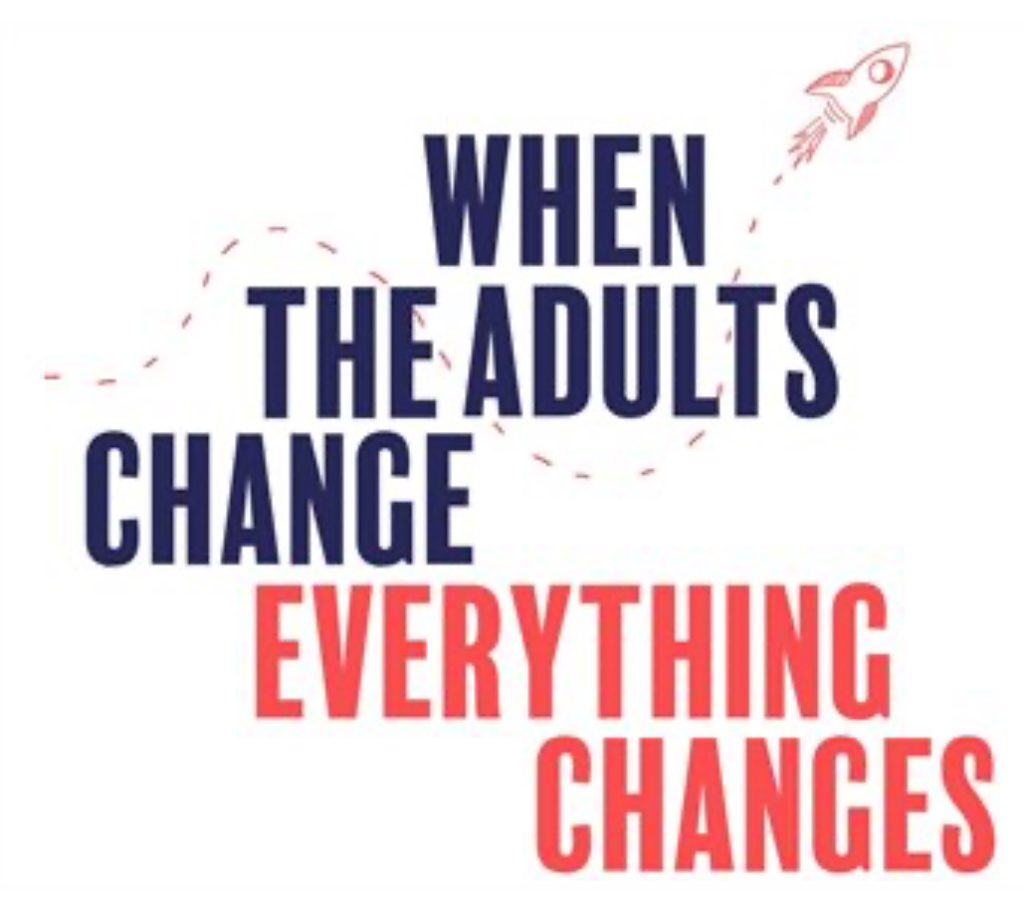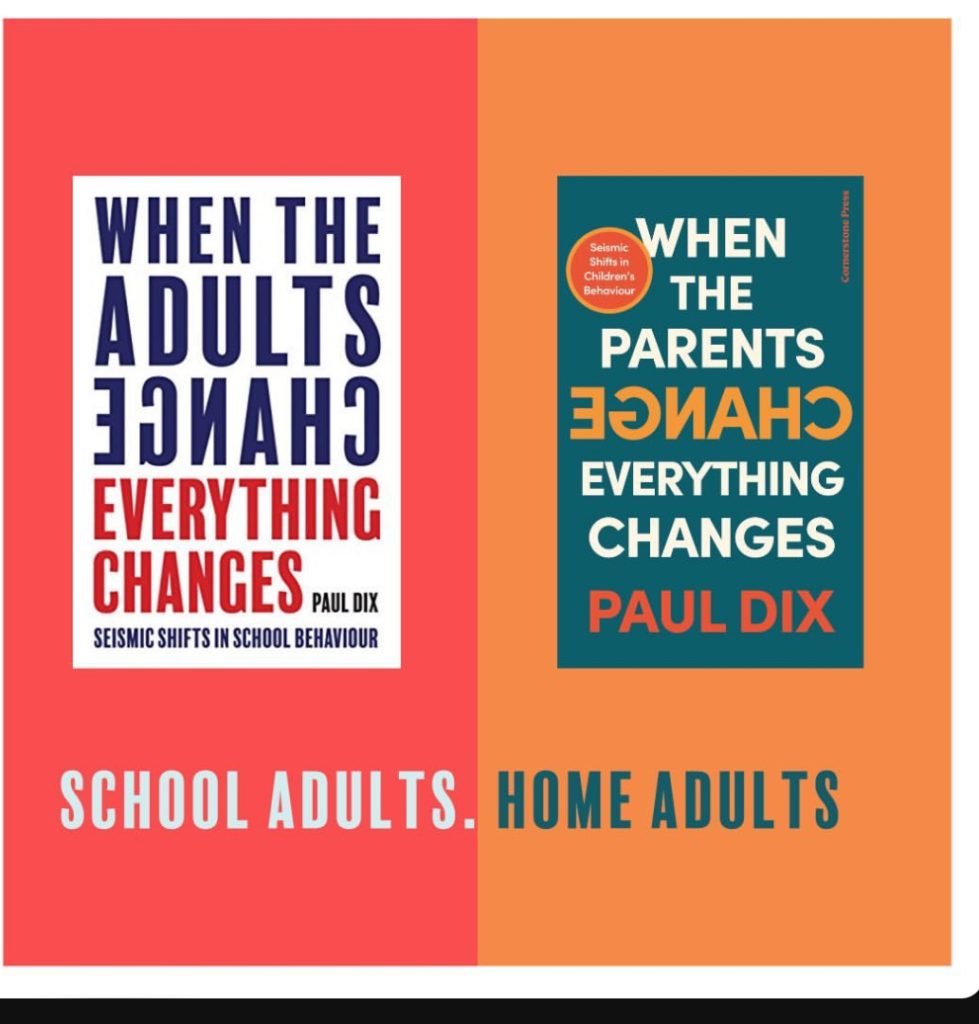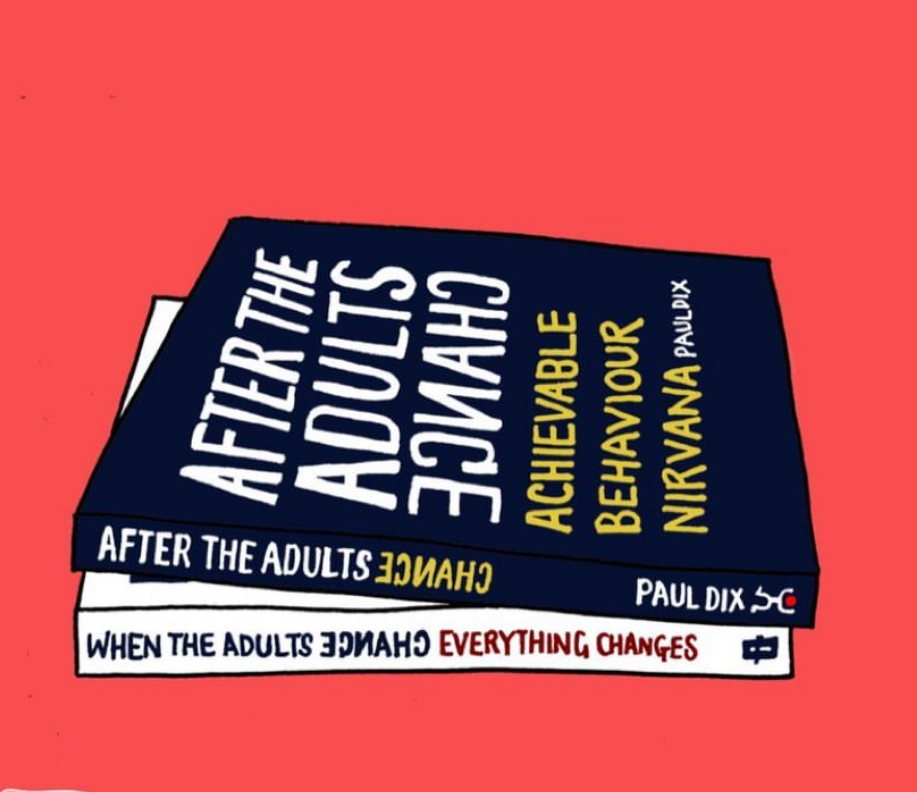Managing Feelings and Behaviour
Positive behaviour and relationships
Ready to learn – its good to feel green
Darlinghurst Academy is committed to creating an environment where exemplary behaviour is at the heart of productive learning.
Everyone is expected to maintain the highest standards of personal conduct, to accept responsibility for their behaviour and encourage others to do the same.
Our approach echoes our Academy values, particularly our sense of belonging. It is a partnership approach to managing poor conduct and dynamic interventions that support staff and learners.
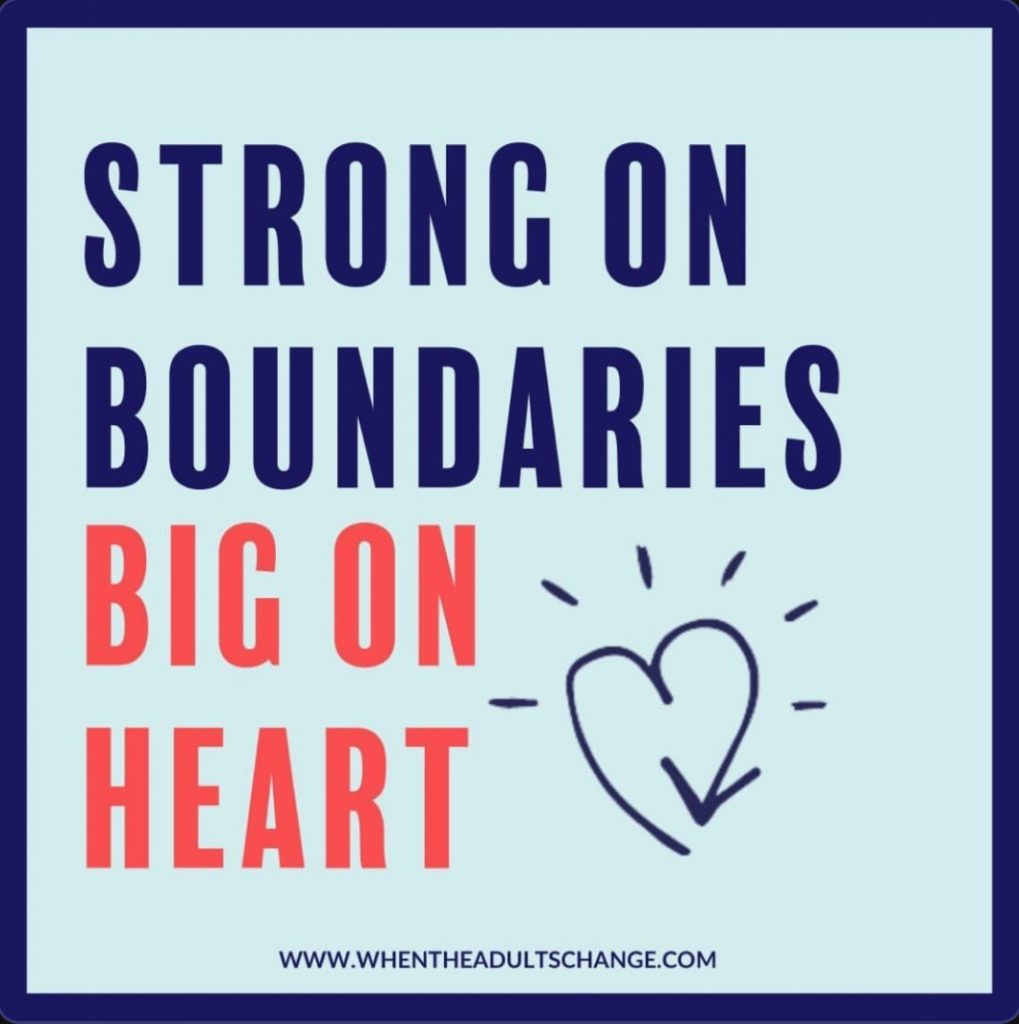
The academy follows the Darlinghurst Direction creating consistent routines that ensure all children feel safe, secure and valued. Everyone knows what is expected and how to learn. The Direction encourages children to be active in learning and positive role models, helping others. They follow and engage in routines and habits that supports behaviour for learning and conduct.
Everyone knows the importance to ‘Be ready to learn’ and what this looks like in a variety of situations. This is taught and modelled explicitly. Positive reminders are given should the be needed along with thanks and praise – attention is given to best conduct. We understand that for some children following our behaviour expectations that they need reminders, reset or some time. Time can be in the form of time with an adult (talk, support and reset) or time on their own to reflect. Children take responsibility for their behaviour choices and consequences in line with our policy with support and opportunity to ‘de-escalate and return to learn’. Choices and consequences are in place should this not be the case with communication amongst staff and with parents. Reflection and restorative practice supports children in managing their feelings and behaviour. They use ‘colours’ zones of regulation to communicate feelings as part of their emotional literacy. For a few, positive behaviour plans are used (known as compass sheets) to provide direction. This is agreed and reviewed. For further detail please visit the behaviour policy.
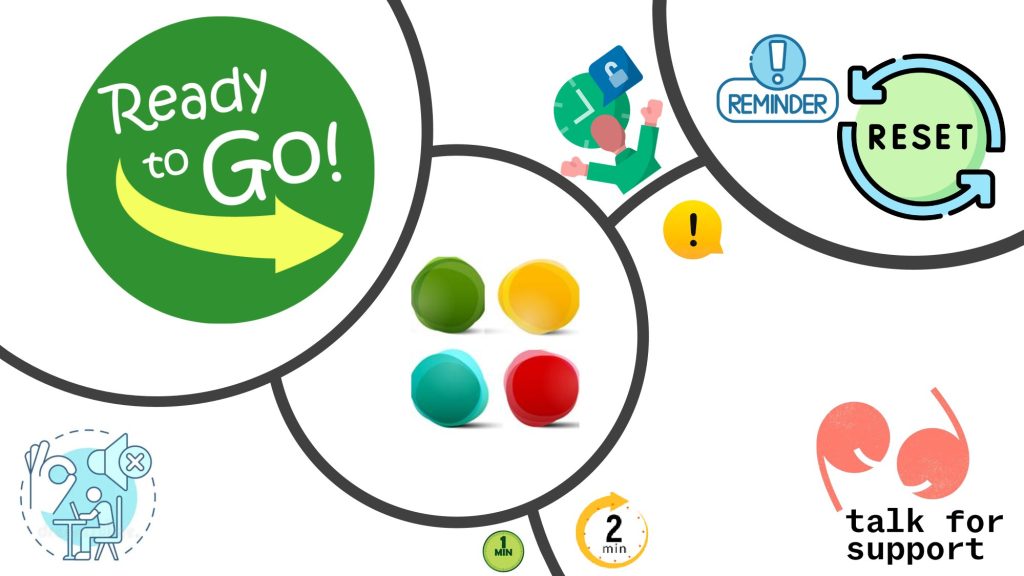
It is understood that children will be at different stages of their social-emotional development and those with additional needs that may affect their ability to manage social situations will need adjustments or support. When this is the case, children and families will work in consultation and partnership with the Inclusion leader or staff working closely with the child.
Adults model consistencies through actions and model positive behaviours and build relationships. Respect and relationships are instrumental in our behaviour approach. This is shown from the start of day routines to end of day routines with positive exchanges and recognition given throughout the day. Celebrations play a key part with a Friday celebration assembly focused on values, behaviour and achievements. Each week starts with a ‘Direction’ assembly, focused on a key aspect of teaching and learning or behaviour. This is a collective time of reflection and motivation to demonstrate excellence.
Click here to see our behaviour Policy
Click here to see our Anti-bullying Policy
Click here to see our mock compass sheet
